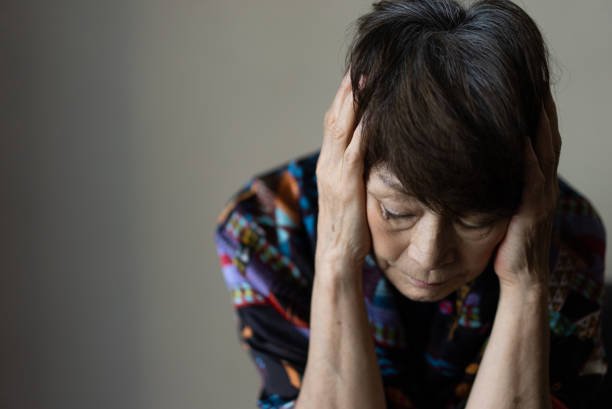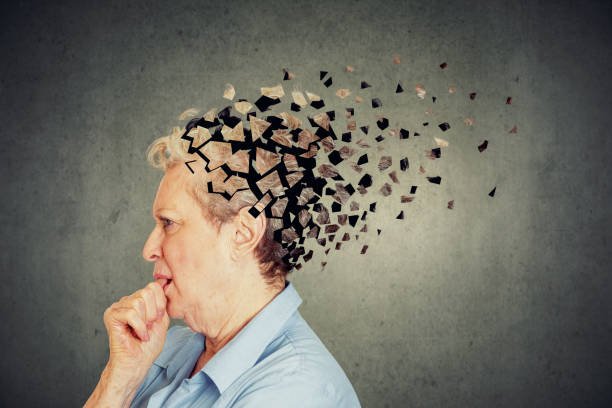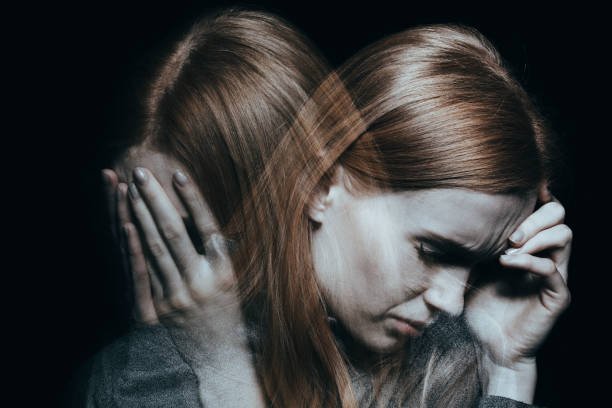
6 Major Sequelae of Stroke! Paralysis, Aphasia, Cognitive Impairment – Rehabilitation Care Must Not be Careless
The dangers of stroke are well known and require immediate care and rehabilitation, but did you know how stroke can affect your health besides causing death and paralysis? This article will take you to understand
1.Paralysis
Paralysis, or the inability to move muscles, is one of the most common disabilities after a stroke. It usually occurs on one side of the body, affecting the face, a hand, a leg, or the entire body. This condition is called hemiplegia, also known as hemiplegia. Hemiplegia. Patients suffering from hemiplegia will find it difficult to perform daily activities such as dressing, eating, or walking, and suffer. In addition, if the cerebellum is damaged, it may lead to ataxia, resulting in walking and balance problems. and appearance issues.

2.Sensory Disturbances
Some stroke patients are unable to feel temperature, pain or touch, or even identify objects held in their hands, while some patients still feel pain, numbness, weakness in their limbs, and paresthesias in certain body parts. Stroke may also affect the ability to control urination, causing urinary incontinence, where the patient is unable to realize the need to urinate, or is unable to control the bladder muscles, resulting in constipation and the inability to control the bowel.

3.Language Disability
According to the National Institute of Neurological Disorders and Stroke (NINDS), 1/4 of stroke patients will experience language difficulties, which will damage the language center of the brain and affect communication ability. If the Block area of the brain is damaged ( Broca’s area) can lead to expressive aphasia. Patients may be unable to form correct and fluent sentences in their brains and express their thoughts in writing or speaking. Injury to Wernicke’s area of the brain can lead to receptive aphasia. May have difficulty understanding written words or what others say.

4. Impaired Memory and Weakened Thinking Ability
Stroke may damage certain areas of the brain that control thinking, memory, and learning. Patients may suffer from memory loss and difficulty thinking. They may also lose the ability to make decisions, make plans, judge, learn, understand abstract concepts, and engage in more complex mental activities. and other abilities.

5. Emotional Problems
Stroke patients may feel anxious, scared, sad, and angry. These emotions are natural responses to the loss of physical and psychological functions due to stroke. However, patients may be unable to control their emotions and develop into depression. Depression is a mood disorder caused by stroke. Among the most common, symptoms and signs include sudden weight gain or loss, fatigue, irritability, or suicidal thoughts, and you may feel like you are a burden to your family.

6. Behavior Change
Your problem may lead to behavioral changes, and you may become unskilled in social activities, do not want to communicate with others, including family, friends, colleagues or anyone in your life circle, and need help from others to take care of housework and daily life; about the problems that patients may face Emotional stress.
Stroke can affect the brain and cause illness. If you survive a stroke, you may still face pain, numbness, weakness, speech, eating problems, etc. Therefore, prevention, care and rehabilitation are crucial and cannot be taken lightly.













